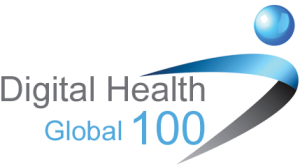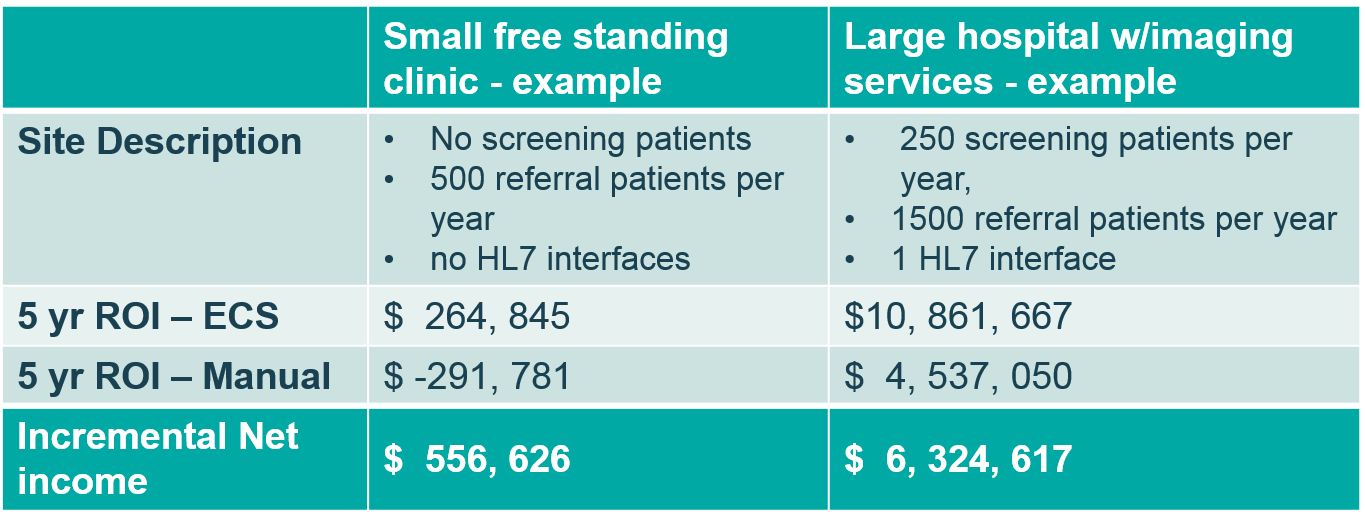 Please join us in welcoming Randy Hemingway to the Equicare team! Randy has enjoyed an incredibly varied career in the field of oncology including roles as Director of Oncology, Dosimetrist, and Sales Manager. He’s worked all over the world, delivering health technologies and we’re thrilled he’s now going to support healthcare providers in the Northeast. Get to know Randy a little better here:
Please join us in welcoming Randy Hemingway to the Equicare team! Randy has enjoyed an incredibly varied career in the field of oncology including roles as Director of Oncology, Dosimetrist, and Sales Manager. He’s worked all over the world, delivering health technologies and we’re thrilled he’s now going to support healthcare providers in the Northeast. Get to know Randy a little better here:
What was your first job?|
My very first job was in a butcher shop. I really liked it because I got to interact with customers, and also learned what makes a great steak. I got pretty good at it, and in high school I even judged meat competitions!
What are you most proud of in your career so far?
I’ve worked in International sales for over 14 years, and I’ve had the chance to introduce new healthcare technologies to Latin America, Europe, Asia, and South America. It’s been incredibly enlightening for me to see how different each health system is, and yet how each shares common ground: a basic desire to provide best care for their patients. While it’s been eye opening for me personally, it’s also been extremely rewarding to see how the technologies I’ve introduced change the operation of healthcare organizations, and ultimately improve the care patients receive. Making a difference like that is something I’m very proud of.
What are you most looking forward to working on at Equicare?
I notice that while health technology is improving, we have tended to lose focus on the patient as a whole person. In the US especially, we often treat immediate symptoms and localized problems first, which means we miss a lot of the dietary, emotional and psycho-social aspects of care. At Equicare, we’re bringing in a continuum of care to oncology, and considering the patient’s needs in full. This brings the patient to the center of care, which is very different from anything I’ve ever done. This is really a monumental step for the healthcare providers, who have a more complete picture of their patient’s health, and for the patient, who can finally take a more active role in their health, confident they’re being treated like a complete person! The fact that I have the chance to introduce these changes to the healthcare industry through Equicare is very exciting.
What do you think of the state of the Healthcare IT industry and its future?
I think that as a rule, we’ve seen a trend towards the generalization of healthcare IT, where technology comes top down from large, enterprise level systems. While this has obvious administrative benefits, we often lose out on patient care – it’s just impossible for one of these large systems to meet the needs of oncology patients specifically. What Equicare is doing, and what I think will become a trend, is to work from the bottom up, with a system ideal for treating specific patients, while also integrating into the larger hospital IT systems. Adding these specialized services will be a significant milestone improving relationships between patient, family, clinicians and PCPs.
The ability to track patients throughout their care is increasingly key to success. This will be most significant in reducing the number of patients that drop between treatments, and never receive follow up. Knowing where patients are in the process, addressing problems that arise, and sharing this information not only with other specialists, but also with the patient, again puts the patient back in the center of care.
Finally – the internet has completely changed the way we view our health. Many patients, especially younger ones, will go online and do their own health research before even coming into a clinic. While this generally leads to a better educated patient population, we can’t control what kind of information patients are getting, or validate it’s accuracy. I hope products like Equicare, which include up to date, clinical education can bridge the gap, so we can educate patients with information they can trust.
How have you seen technology improve the lives of those suffering from long term conditions or illnesses?
Specifically in oncology, I’ve seen amazing improvements in localized radiation therapy. The ability to localize treatment has not only improved cure rates but dramatically reduced toxicities and secondary malignancies. I’ve also seen major improvements in information technology that enable us as a community to learn from our history so that we don’t repeat our mistakes. The improvements in treatment and the increased availability of information have enabled the healthcare community to see pretty dramatic improvements in health outcomes for cancer patients.
Now that we’re in the beginning stages of public healthcare in the US, I hope we don’t lose out on these improvements by generalizing treatment recommendations. Patients still have unique needs, and a one size fits all health system doesn’t address these issues.
What are you reading right now?
This might be boring, but mostly I read journals, and especially the Red Journal. Well that, and LOTS of emails!
You need to go on holiday tomorrow- where would you go?.
Paris and anywhere in Latin America are favorites, but if i had a choice to go anywhere, and the world were safer place I’d love to travel to Kathmandu, which is somewhere I’ve never been.
What would you eat for your last meal on earth?
I think I’ve come full circle to my first job: I’d definitely chose Filet mignon.
We’re pleased to have Randy and his expertise on our team. Want to get in touch about oncology care or the finer aspects of butchery? Please contact Randy at randy.hemingway@equicarehealth.com
 What’s included in the free support year?
What’s included in the free support year?


 Please join us in welcoming Randy Hemingway to the Equicare team! Randy has enjoyed an incredibly varied career in the field of oncology including roles as Director of Oncology, Dosimetrist, and Sales Manager. He’s worked all over the world, delivering health technologies and we’re thrilled he’s now going to support healthcare providers in the Northeast. Get to know Randy a little better here:
Please join us in welcoming Randy Hemingway to the Equicare team! Randy has enjoyed an incredibly varied career in the field of oncology including roles as Director of Oncology, Dosimetrist, and Sales Manager. He’s worked all over the world, delivering health technologies and we’re thrilled he’s now going to support healthcare providers in the Northeast. Get to know Randy a little better here: